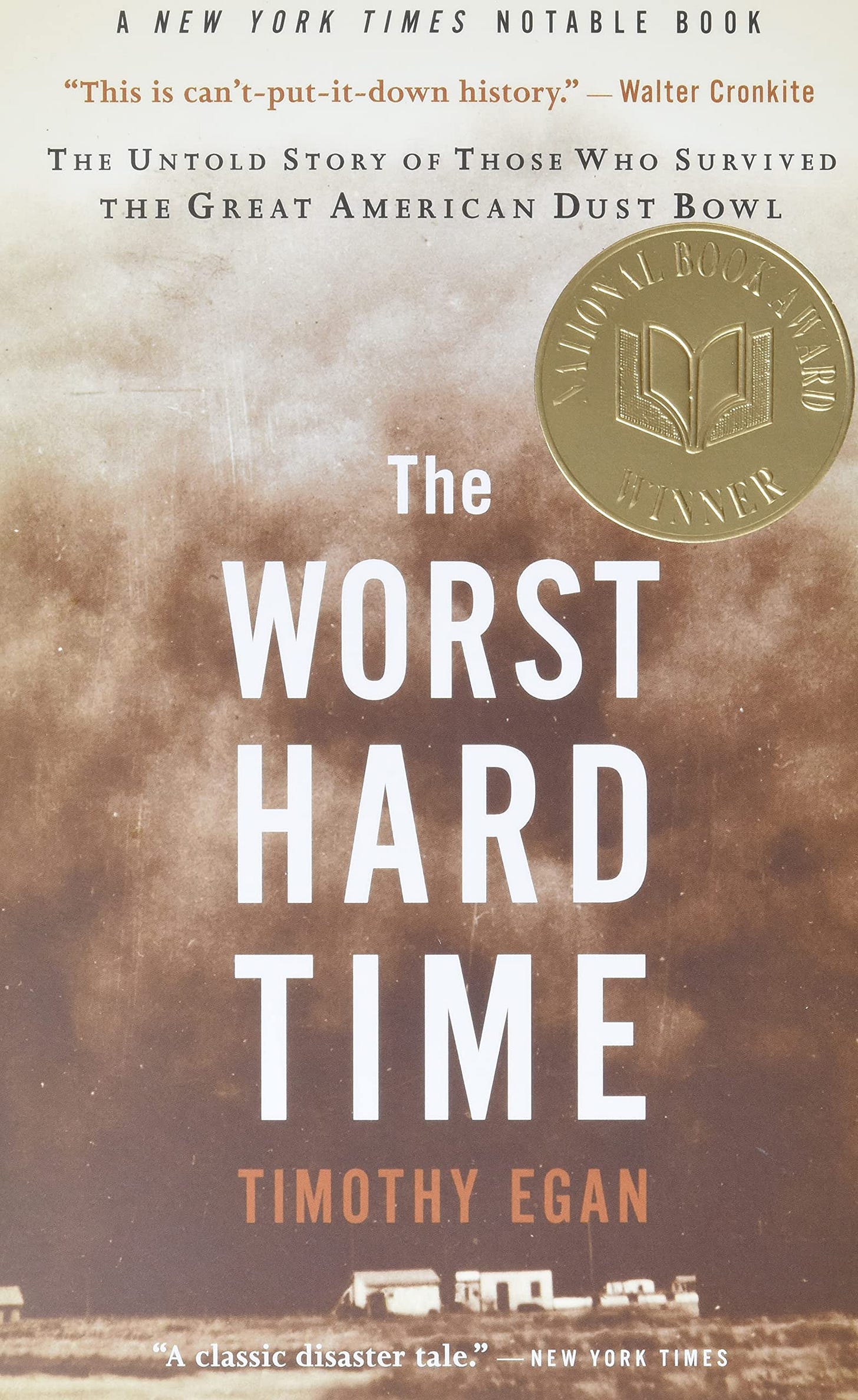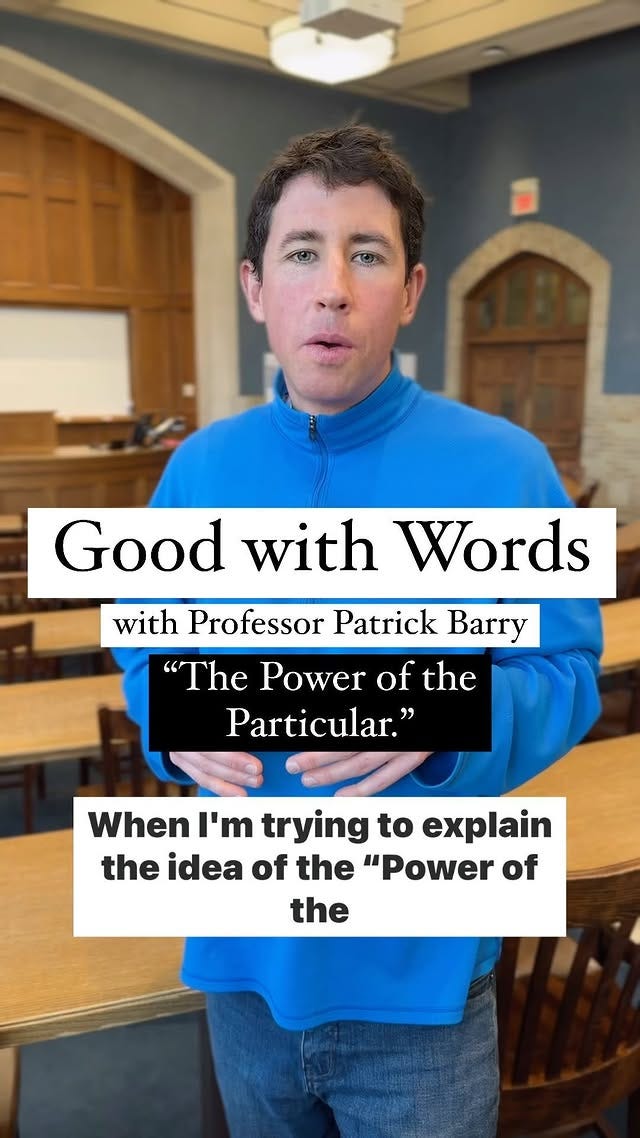One of the cool things about the University of Michigan Law School is the number of faculty members who have PhDs in history. These include Emily Prifogle, Bill Novak, and Rebecca Scott. To honor the work they—and other professors—have done on American history in particular, we’ve put together the following materials.
Enjoy!
—The Good Sentences Team
1. Fiction: The Underground Railroad by Colson Whitehead (2016)
Favorite Sentence: “The first time Caesar approached Cora about running north, she said no.”
—Picked by Alex Rizzutto, Class of 2025 (An event, before I was born, I would like to have witnessed: Jimi Hendrix’s Performance at Woodstock)
2. Non-Fiction: The Metaphysical Club: A Story of Ideas in America by Louis Menand (2001)
Favorite Sentence: “It made him lose his belief in beliefs.”
—Picked by Peter Foster, Class of 2026 (An event, before I was born, I would like to have witnessed: The landing of Rochambeau’s French army at Rhode Island in 1780 during the American Revolutionary War)
3. Poetry: She Tells Her Children of the Assassination by Marjorie Saiser (1995)
Favorite Lines:
“In November of 1963, you
were all the center of my days
and when I heard on TV
Kennedy had been shot,
I wrapped you in your blue
blanket and walked for miles (I was
strong then), carrying you
on sidewalks in the middle
of a country stunned by rapid-fire
bulletins.”
—Picked by Zoë Bowers, Class of 2025 (An event, before I was born, I would like to have witnessed: The “Miracle on Ice” victory of the U.S. Olympic Hockey team in 1980)
Michigan Sentences: Here is an excerpt from Blood in the Water: The Attica Prison Uprising of 1971 and Its Legacy by Professor Heather Ann Thompson. The book won the Pulitzer Prize in History in 2017.
Sample: “One might well wonder why it has taken forty-five years for a comprehensive history of the Attica prison uprising of 1971 to be written. The answer is simple: the most important details of this story have been deliberately kept from the public. Literally thousands of boxes of documents relating to these events are sealed or next to impossible to access.”
Syllabus Sentences: When I am trying to teach students how to ditch jargon and instead communicate in concrete, compelling language, I turn to the book The Evangelicals: The Struggle to Shape America and tell them about the 19th-century preacher Charles Grandison Finney.
“The Language of Common Life” (Chapter 6 of Good with Words: Speaking and Presenting)
Sample: “Frances FitzGerald won the 2017 National Book Critics Award for The Evangelicals: The Struggle to Shape America, a sprawling history of the remarkable influence evangelical Christians have had on American life. One of the figures she features is Charles Grandison Finney, whose religious leadership during the first half of the nineteenth century earned him the title ‘The Father of Modern Revivalism.’
What helped make Finney so popular and effective was his commitment to speaking in what he called ‘the language of common life.’ ‘He looked at people in the audience straight in the eye,’ FitzGerald explains, ‘and addressed them as “you.” His sentences were short and cogent, and his expressions colloquial.’
That’s a good strategy for conversational connection, especially when faced with a big group. Eye contact is important. Jargon can be off-putting. Long, meandering sentences can tax people’s patience, and obscure references usually do more harm than good. The ‘language of common life’ is a much better, more audience-friendly approach.”
Book Recommendations
For good sentences about 18th-century U.S. history
1776 by David McCullough (2005)
Sample: “[T]he citizen-soldiers of Washington’s army were no longer to be fighting only for the defense of their country, or for their rightful liberties as freeborn Englishmen, as they had at Lexington and Concord, Bunker Hill and through the long siege at Boston. It was now a proudly proclaimed, all-out war for an independent America, a new America, and thus a new day of freedom and equality.”
For good sentences about 19th-century U.S. history
Reconstruction: America’s Unfinished Revolution by Eric Foner (1988)
Sample: “Perhaps the most striking illustration of the freedmen’s quest for self-improvement was their seemingly unquenchable thirst for education.”
For good sentences about 20th-century U.S. history
The Worst Hard Time by Timothy Egan (2006)
Sample: “Bam’s wife, Lizzie, hated the feel of No Man’s Land. The chill, hurried along by the wind, made it impossible to stay warm. The land was so threadbare. It was here that the Great Plains tilted, barely susceptible to most eyes, rising to nearly a mile above sea level at the western edge. The family considered dumping the organ, their prized possession. They could sell it in Boise City and make just enough to pick up another horse. They asked around: ten dollars was the going rate for an heirloom organ — not enough to buy a horse. Anyway, Bam White could not bring himself to give it up. Some of the best memories, through the hardest of years, came with music pumped from that box. They would push on to Texas, twenty miles away, moving a lot slower. After burying their dead horse, they headed south.”
Quick Tip
Here’s a quick tip about something the best historians (and lawyers) do very well: use the “power of the particular.”





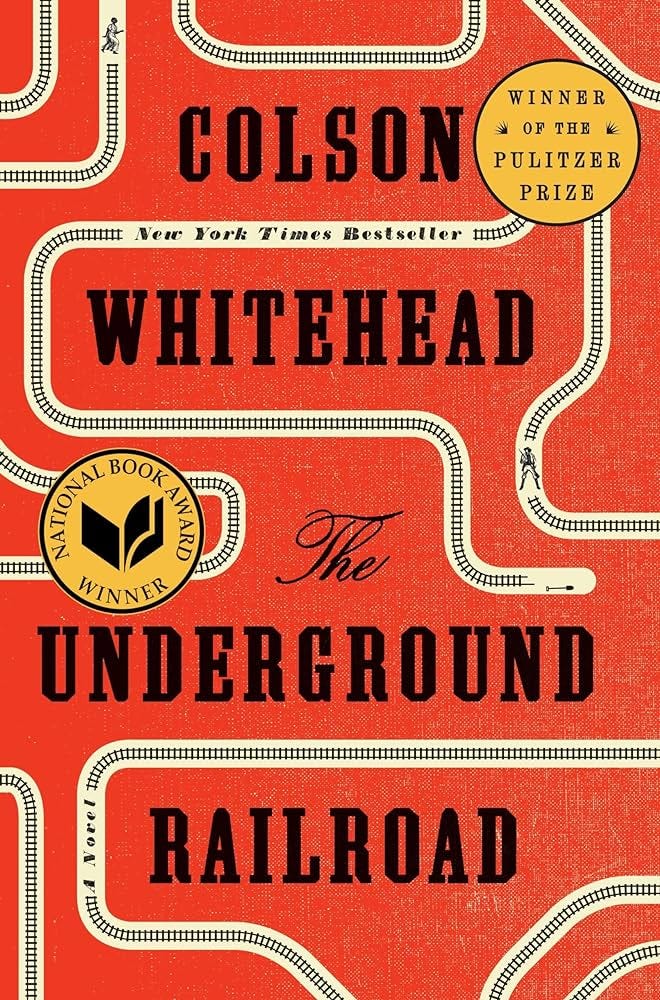
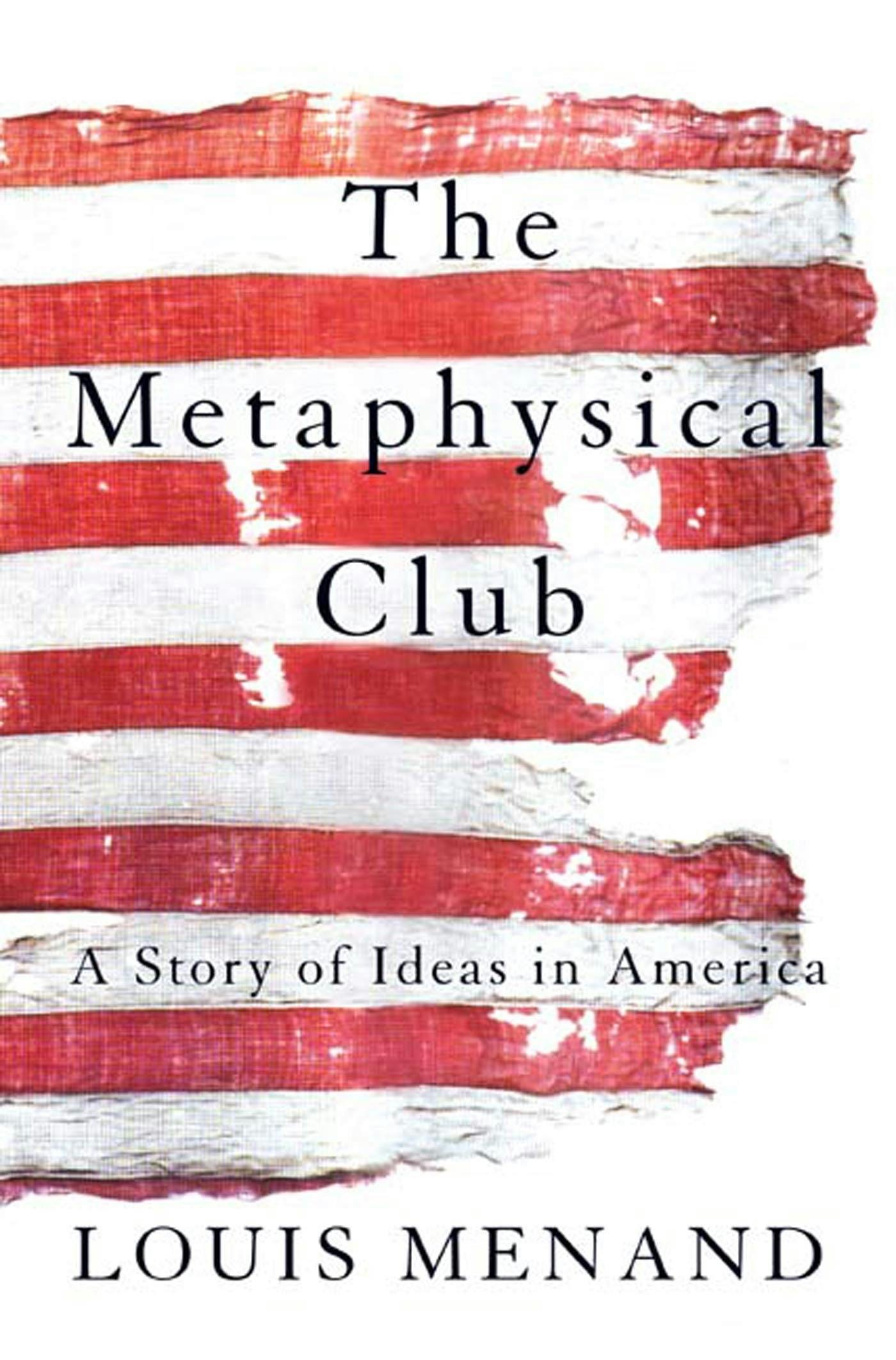
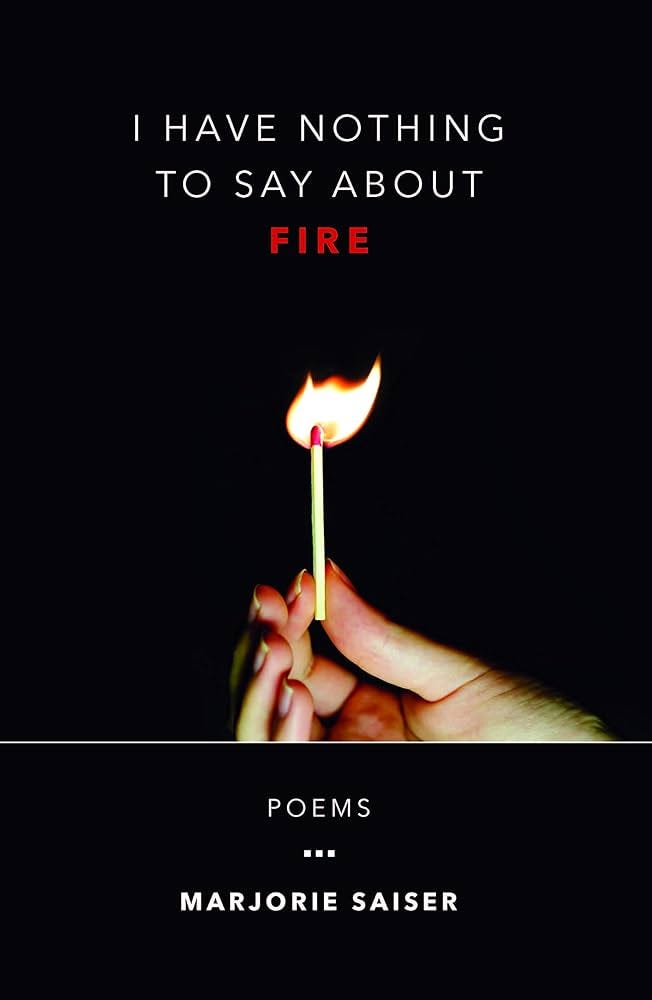
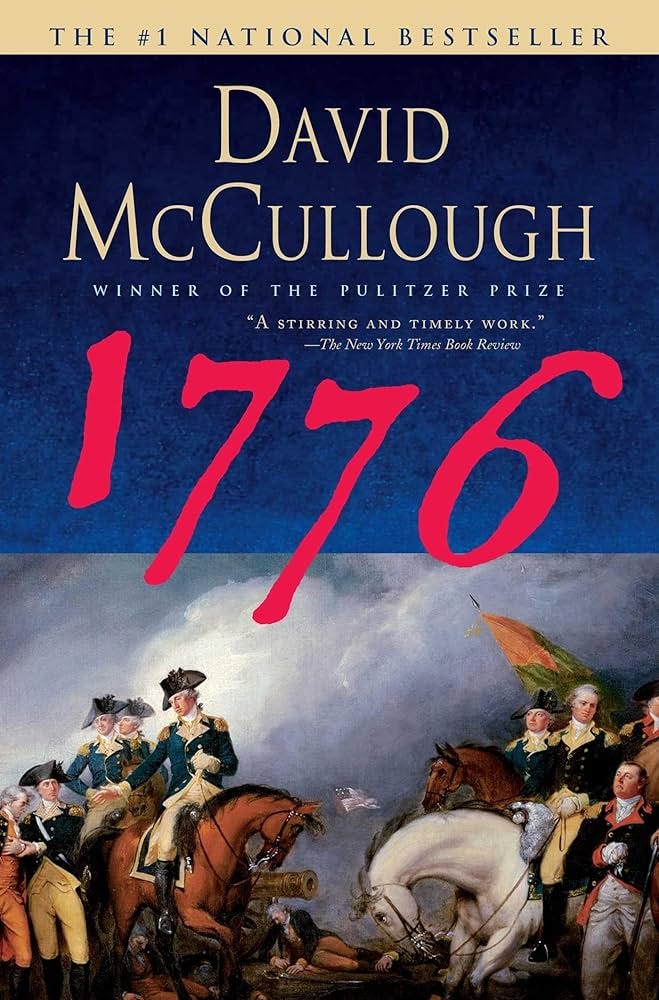
![Reconstruction: America's Unfinished Revolution, 1863-1877 [eBook] Reconstruction: America's Unfinished Revolution, 1863-1877 [eBook]](https://substackcdn.com/image/fetch/$s_!Gv9M!,w_1456,c_limit,f_auto,q_auto:good,fl_progressive:steep/https%3A%2F%2Fsubstack-post-media.s3.amazonaws.com%2Fpublic%2Fimages%2Fc62b3bb3-1556-4f26-808c-80364453ceac_431x648.jpeg)
